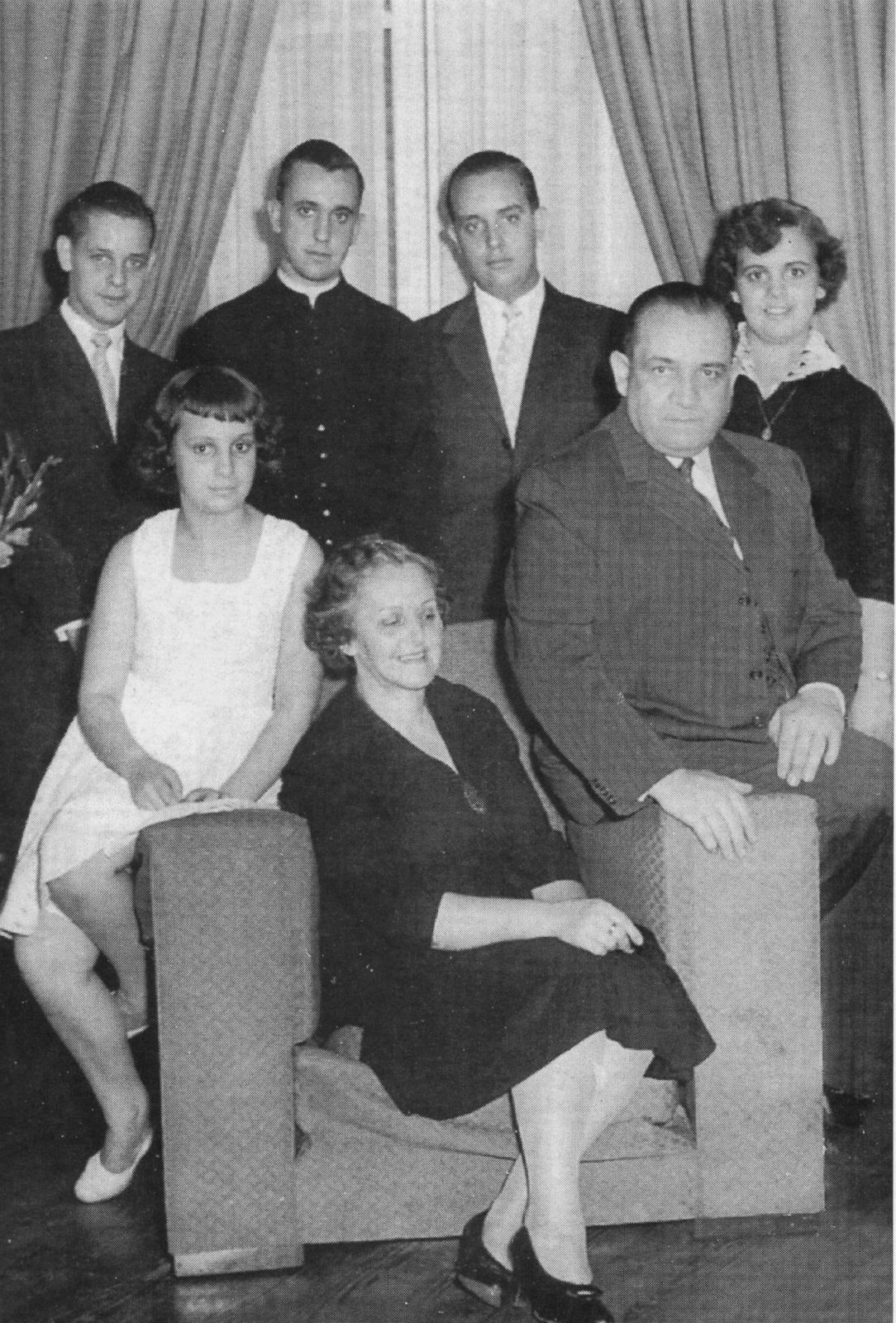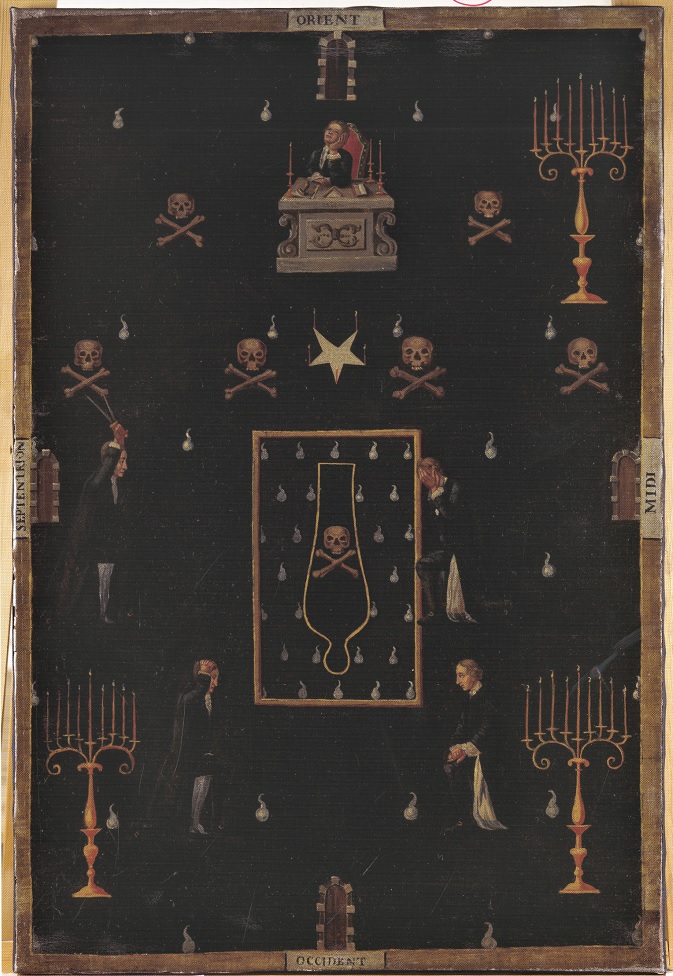Why has the Vatican once again reiterated its long-standing prohibition against Catholics joining Freemasonry? The recent reaffirmation, underscored by Pope Francis himself, highlights a deep-seated theological incompatibility and a historical tension that continues to shape the relationship between the Catholic Church and Freemasonry.
The Vatican's Dicastery for the Doctrine of Faith, in a decisive move, issued a document on Wednesday, a clear and unambiguous statement that leaves little room for interpretation: Catholics are strictly forbidden from becoming Freemasons. This isn't a new stance; the Church has maintained this position for centuries, viewing Freemasonry with suspicion and, at times, outright hostility. The latest pronouncement, bearing the signatures of both Pope Francis and Cardinal Victor Fernández, the Prefect of the DDF, serves as a direct response to inquiries from Bishop Julito Cortes of Dumanguete in the Philippines, who voiced concerns over the increasing number of Catholics seeking to join Masonic orders. This renewed emphasis underscores the Vatican's commitment to upholding its doctrinal principles and safeguarding the faith against perceived threats.
To understand the context of this prohibition and its implications, it's essential to delve into the specifics of the issue. The Vatican's concerns are not merely procedural; they stem from fundamental differences in theological and philosophical perspectives. Freemasonry, a fraternal organization with roots stretching back centuries, espouses principles of brotherhood, morality, and enlightenment. However, the Catholic Church perceives inherent conflicts between Masonic tenets and Catholic doctrine. The Church's perspective hinges on several key factors:
- Conflicting Ideals: Freemasonry often promotes a universalist approach to spirituality, embracing various religious traditions and philosophies. This universalism clashes with the Catholic Church's claim to be the one true faith, founded by Jesus Christ.
- Secrecy and Allegiance: The secrecy surrounding Masonic rituals and the oaths of allegiance taken by members raise concerns about loyalty. The Church believes that Catholics' primary allegiance should be to God and the Church, and that this loyalty could be compromised within a Masonic framework.
- Symbolism and Rituals: Masonic rituals and symbols are often interpreted as being incompatible with Catholic practices. The Church fears that participation in these rituals could lead to a weakening of faith or even apostasy.
The latest document from the DDF, however, is not just a restatement of existing rules, it provides a clarification of the underlying rationale. The language used in the document is direct, leaving no room for ambiguity. It explicitly states that “active membership in Freemasonry by a member of the faithful is forbidden.” This definitive wording reinforces the Church's stance and aims to prevent any confusion among Catholics. The Church's decision reflects a broader understanding of the role of faith in the modern world.
The Freemasons themselves are a secretive society with a global membership estimated to be up to six million people. The Vatican’s doctrine office sees this society as a rival. The historical relationship between the Catholic Church and Freemasonry is marked by centuries of tension, mistrust, and conflict. The Church has long viewed Freemasonry with suspicion, believing that its teachings and practices are incompatible with Catholic doctrine. This animosity has led to numerous condemnations and prohibitions against Catholics joining Masonic lodges.
The issuance of this document is not an isolated event. It is part of an ongoing effort by the Vatican to address challenges facing the Church in the modern world. The Church faces an array of contemporary challenges, from secularization and declining religious adherence to internal dissent and scandals. By addressing the issue of Freemasonry, the Vatican aims to reinforce the boundaries of faith and protect its members from perceived threats. Furthermore, it should be noted that this latest communication arrives against a backdrop of increased scrutiny of Freemasonry within certain circles. The document comes at a time when the Vatican is trying to address the decline in religious adherence across the world.
The Church's response to the question of Freemasonry is also relevant in the context of internal challenges within the Church. Dissent and conflicting interpretations of doctrine can undermine unity and faith. In the face of increasing secularization and cultural shifts, the Church is keen to maintain its influence.
The document, signed by Pope Francis, emphasizes the importance of clarity in doctrine. This is particularly significant in an era characterized by complex theological debates and diverse interpretations of faith. By reaffirming its stance on Freemasonry, the Vatican is sending a strong message about the importance of adhering to established doctrines and safeguarding against external influences that could undermine faith. Pope Francis, the head of the Catholic Church, has played a key role in reaffirming the Church’s stance against Freemasonry.
The case also provides a window into the broader concerns of the Church. The Vatican's focus on issues such as Freemasonry underscores its commitment to upholding traditional values and safeguarding the integrity of its doctrines. The Church's ongoing engagement with such issues reflects its mission to guide its members and reaffirm the tenets of faith.
The Vatican's response to the question of Freemasonry has historical roots in the development of the modern world. The Church sees its role as providing moral leadership and spiritual guidance in a rapidly changing world. The Church has historically opposed Freemasonry, a centuries-old fraternal organization, due to its perceived conflicts with Catholic doctrine and values. The Church has long viewed Freemasonry with suspicion, believing its teachings and practices are incompatible with Catholic doctrine.
The ongoing relationship between the Vatican and Freemasonry is a complex one. The Church's reaffirmation of its prohibition against Catholics joining Masonic lodges reflects a long-standing concern about the incompatibility of Masonic teachings with Catholic doctrine. By restating its position, the Vatican is reinforcing its commitment to uphold its doctrinal principles. The latest pronouncement is yet another reminder of the Vatican’s commitment to upholding its doctrinal principles and safeguarding the faith.
It is also important to note the context in which this decision was made. The letter was written in response to a bishop from the Philippines who had expressed concern at the growing number of Catholics becoming Freemasons. The Vatican, through the Dicastery for the Doctrine of Faith, is responsible for safeguarding and interpreting Catholic doctrine. The latest document is therefore a direct response to a specific concern within the Church. This serves as a direct response to inquiries from Bishop Julito Cortes of Dumanguete in the Philippines, who voiced concerns over the increasing number of Catholics seeking to join Masonic orders.
There is a widespread interest in Freemasonry, given the group’s long and enigmatic history. Freemasonry has been a source of fascination for centuries. The secrecy surrounding its rituals and practices has fueled curiosity and speculation, leading to various conspiracy theories and interpretations.
The timing of the Vatican's reaffirmation is notable. It comes at a time when the Church is grappling with a range of challenges. The document signed by Pope Francis highlights the importance of adhering to established doctrines and safeguarding against external influences that could undermine faith. The Church's commitment to upholding its doctrinal principles is reaffirmed through this latest declaration. The Church is currently tackling a number of issues, ranging from secularization to internal dissent.
The Vatican's position on Freemasonry will continue to be a subject of debate and discussion within and outside the Catholic Church. It is a reminder of the complexities involved in upholding religious doctrine. The Church's reaffirmation on the issue is a testament to its commitment to maintaining the integrity of its teachings.
The reaffirmation is part of a larger pattern of upholding the Church's doctrines. The latest statement from the Vatican reinforces its commitment to its longstanding policy. The Vatican’s statement reflects a deeper commitment to upholding established doctrines.
| Person in Topic | Information | Source |
|---|---|---|
| Pope Francis | Born Jorge Mario Bergoglio on December 17, 1936, in Buenos Aires, Argentina. He became the 266th and current Pope of the Catholic Church on March 13, 2013. Known for his humility, focus on social justice, and efforts to reform the Church. He has signed documents related to the prohibition of Catholics joining Freemasonry, reinforcing the Church's stance. | Official Vatican Website |
| Cardinal Victor Fernández | Prefect of the Dicastery for the Doctrine of the Faith (DDF). Signed the document along with Pope Francis, reaffirming the ban on Catholics becoming Freemasons. | Vatican News |
| Bishop Julito Cortes | Bishop of Dumanguete in the Philippines. His inquiries led to the Vatican's recent reaffirmation of the prohibition against Catholics joining Freemasonry. | CBCP News |
The implications of this renewed prohibition extend beyond mere ecclesiastical decree. It impacts the lives of individual Catholics, as well as the broader relationships between the Church and various social and cultural groups. For Catholics, joining Freemasonry would now constitute a serious violation of Church law, potentially leading to sanctions. This decision may be seen as a way of the Church ensuring that its members adhere to the tenets of their faith. It is a reminder of the Vatican's commitment to upholding its doctrinal principles.
The Church’s stance on Freemasonry continues to highlight the intricacies involved in navigating the modern world. The Vatican continues to address a range of contemporary challenges and issues, from secularization to internal dissent. The Church's focus on Freemasonry and its teachings shows the Vatican's ongoing mission to guide its members and reaffirm faith.
The latest document, issued by the Dicastery for the Doctrine of Faith, serves as a clear and definitive statement on a contentious issue. It serves to highlight the ongoing commitment of the Vatican to uphold its doctrinal principles. The Church views Freemasonry with suspicion and has maintained this position for centuries.
The latest document, issued by the Dicastery for the Doctrine of Faith, serves as a clear and definitive statement on a contentious issue. This is particularly significant in an era characterized by complex theological debates and diverse interpretations of faith. The Church's reaffirmation on the issue is a testament to its commitment to maintaining the integrity of its teachings.
In conclusion, the Vatican's recent reiteration of its ban on Catholics joining Freemasonry is not merely a reiteration of a centuries-old doctrine, it is a statement about the Church’s mission to protect its flock, preserve its integrity, and navigate the complexities of faith in the modern world. The document signed by Pope Francis highlights the importance of adhering to established doctrines and safeguarding against external influences that could undermine faith. By reaffirming its stance on Freemasonry, the Vatican is sending a strong message about the importance of adhering to established doctrines and safeguarding against external influences that could undermine faith. This is a significant development with implications for Catholics around the world.



